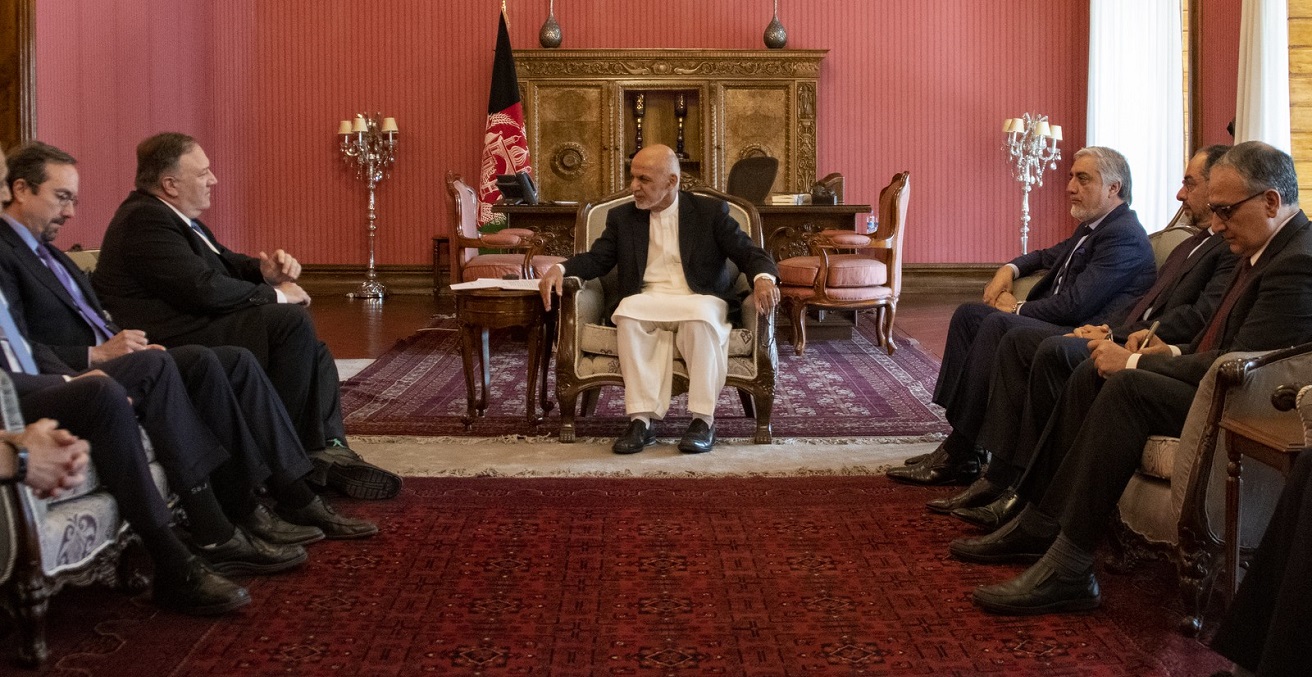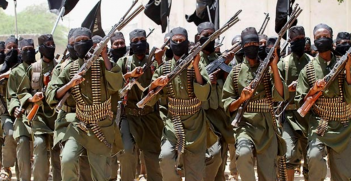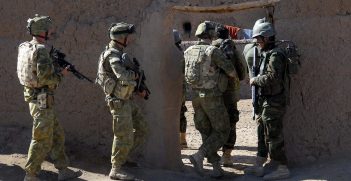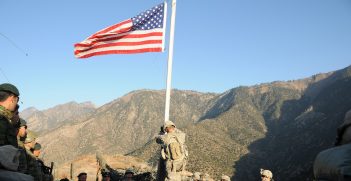Resolving the Afghan Presidential Dispute

The results of the September 2019 presidential election in Afghanistan led to months of dispute between the two front runners. The “political agreement” signed on 17 May between incumbent Afghan President Ashraf Ghani and his political rival, Abdullah Abdullah, for an inclusive government finally provides a path forward.
But it is doubtful that it will survive the personality, power, and ethnic divisions that have marred Afghan leaders or endow Afghanistan with political stability, security, and good governance any time soon.
The agreement is lop-sided. It affirms Ghani as president, with control over most levers of power, and accords Abdullah a post outside the executive power structure to lead the newly established High Council for National Reconciliation. While sharing cabinet posts in equal numbers, Ghani retains control over the key ministries.
Although former President Hamid Karzai (2002-2014), aided by a couple of other weighty figures, played an important mediatory role, pressure from the US was instrumental in making the agreement a reality. The Ghani-Abdullah impasse delayed the implementation of the recent US-Taliban peace deal as a pathway for a political settlement of the Afghan conflict through an all-inclusive Afghan dialogue. It had thus stood in the way of President Donald Trump’s resolve to make a military exit from Afghanistan by bringing most of the troops home before the November presidential elections.
Bidding for President Trump to achieve his objective has been the US Special Representative for Afghanistan Reconciliation, Afghan-American Zalmay Khalilzad. He has played a key role in shaping Afghan politics according to American interests since the advent of the US-led intervention in Afghanistan nearly twenty years ago.
However, Khalilzad’s impartiality in the process has been questioned. He is a self-confessed American neo-conservative, originally from the Noorzai clan of ethnic Pashtuns, who form the largest minority in mosaic Afghanistan. Ghani and the Taliban, not to mention Gulbuddin Hekmatyar, a former maverick Mujahideen leader and now a player in Afghan politics, also hail from the same tribe. Khalilzad is known among many informed Afghans for a mixture of neo-conservatism and ethnic leniency in his approach to Afghanistan’s transformation. Even as far back as October 1996, shortly after the Taliban’s takeover of power in Kabul, he penned an opinion piece in the Washington Post advocating for America’s recognition of the Taliban.
Meanwhile, Ghani has proved to be skilful and strategic in his pursuit of power. With American education and work experience, he has shown a noticeable degree of technocratic ability, political knack, and single-mindedness. He has learned fast from Afghan history how to harness and exercise power by deploying the use of personalisation and ethnicisation of politics and alliance with a foreign power to divide his rivals and consolidate his position. Despite his personal secularity, he has managed to publicly dress himself up as a pious Muslim, while at the same time co-opting many loyalists into his ruling circle.
In contrast, Abdullah is largely a home-grown political figure with a light approach to what is required to succeed in politics. Trained as an ophthalmologist, he comes from an Islamic background and mixed Tajik-Pashtun heritage that potentially places him well to be a national builder. But he has lacked a clear political agenda and strategy. During his turbulent partnership with Ghani in the National Unity Government over the last five years, he did not show sufficient skills in power building, enabling Ghani to strengthen his hold on instruments of state power.
The Ghani-Abdullah power-sharing arrangement is unlikely to bring the degree of political stability and security that the poor, traumatised, and war-stricken — as well as COVD-19 damaged — Afghan people need. By the same token, the US and its allies may not have an honourable troop withdrawal from Afghanistan. The agreement has been marred by violent actions, including horrific attacks on the maternity hospital in Kabul and a funeral gathering in the eastern province of Nangarhar. The Taliban’s last-minute declaration of a three-day ceasefire to mark the Muslim festival of Eid over the weekend may well prove to be tactical rather than enduring.
The Taliban and their supporters are now in the best position since America toppled their rule two decades ago. They are partners in peace with the US, while the Afghan government remains very vulnerable. The situation serves as a reminder of the way that the Vietnam War ended: A US-North Vietnam peace treaty, followed by America’s withdrawal from the war and total victory by North Vietnam and its protégé, the Viet Cong.
Amin Saikal, AM, FASSA is a former Distinguished Professor of Political Science at the Australian National University, and author of Modern Afghanistan: A History of Struggle and Survival (I.B. Tauris, 2012), and co-author with James Piscatori of Islam Beyond Borders: The Umma in World Politics (Cambridge University Press, 2019).
This article is published under a Creative Commons Licence and may be republished with attribution. The article was edited on 2 June 2020 to correct a mistake in paragraph six that falsely identified the clan to which Khalilzad is related.





